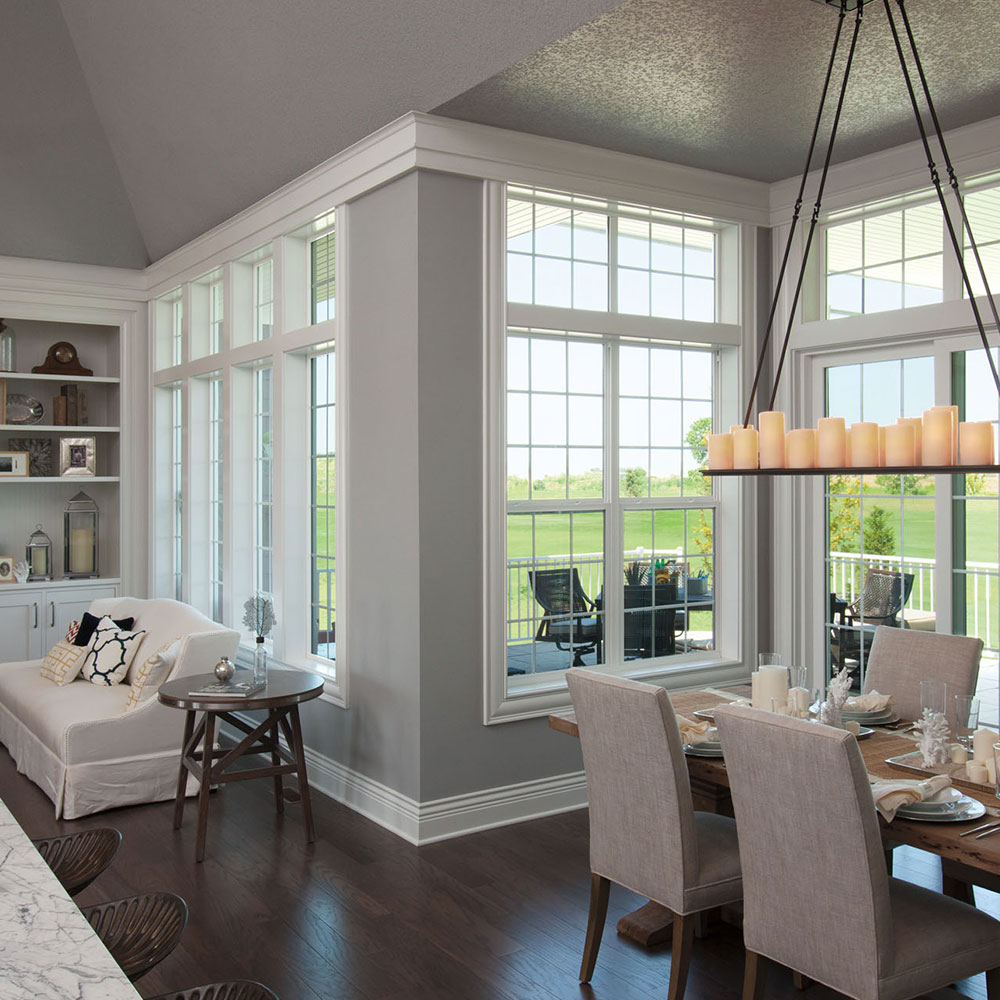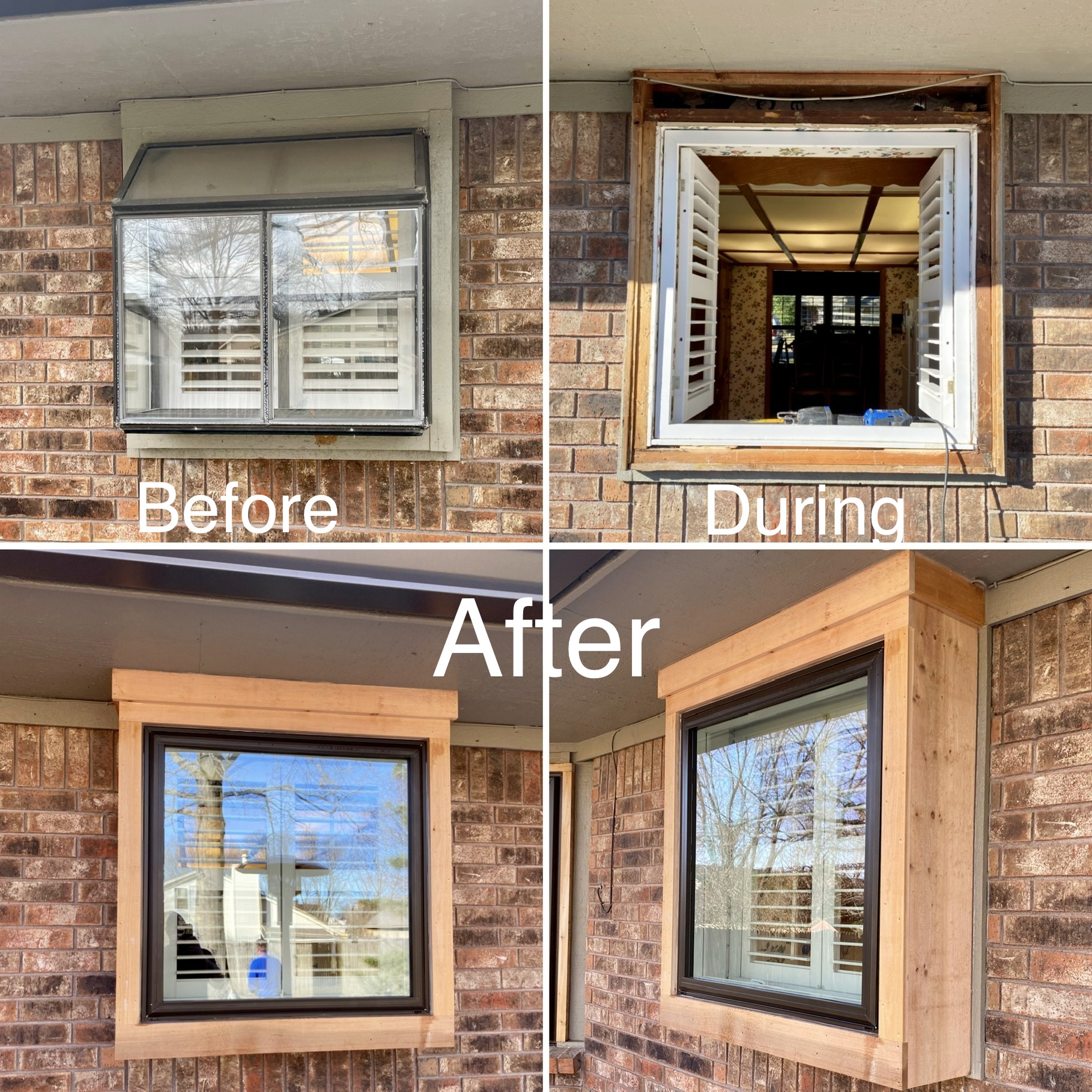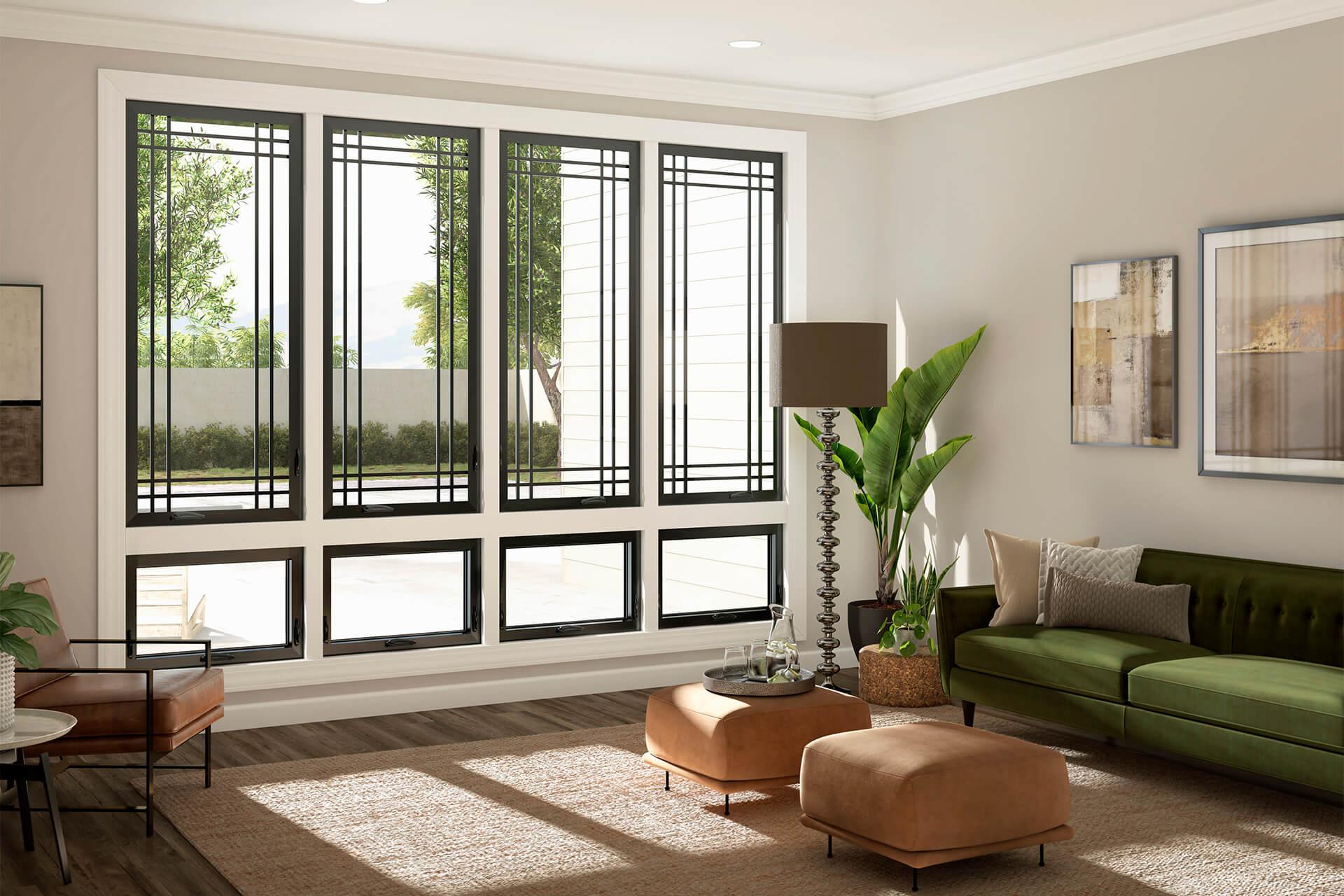Reliable Richmond Window Replacement for Improved Power Effectiveness
Wiki Article
Upgrade Your Home With Energy-Efficient Window Substitutes
In the realm of home enhancement, the decision to upgrade to energy-efficient window replacements can substantially influence both the functionality and aesthetics of a home (Houston window replacement). As homeowners look for ways to enhance the efficiency and sustainability of their home, the choice of windows plays a crucial function in attaining these objectives. Beyond the surface degree of mere aesthetics, energy-efficient windows provide a plethora of advantages that surpass simple curb appeal. With a careful option procedure that considers various aspects, from glass types to setup techniques, beginning on this home upgrade trip might prove to be a transformative venture.Benefits of Energy-Efficient Windows

The setup of energy-efficient windows gives substantial cost savings on energy costs while enhancing environmental sustainability. Furthermore, energy-efficient home windows can help control dampness levels within the home, lowering the risk of mold and mold growth.
Beyond the monetary benefits, energy-efficient windows add to ecological sustainability by decreasing carbon exhausts connected with power manufacturing. By reducing energy usage, these windows aid minimize the ecological effect of illumination, air conditioning, and home heating domestic spaces. This decrease in power intake plays a vital role in combating climate modification and promoting a greener future for generations ahead. Overall, purchasing energy-efficient home windows not only enhances the comfort and performance of a home however likewise lines up with ecologically conscious practices.
Types of Energy-Efficient Glass
Different advanced kinds of energy-efficient glass offer one-of-a-kind residential properties that accommodate different demands and choices in improving the sustainability and efficiency of structures. Low-emissivity (Low-E) glass is a prominent option made to lessen the quantity of ultraviolet and infrared light that can pass via the glass, consequently reducing warmth transfer. This type of glass aids maintain a constant interior temperature level, lowering the demand for heating or cooling down systems, and eventually reducing energy costs. Another ingenious option is spectrally selective glass, which permits noticeable light to travel through while obstructing specific sorts of infrared radiation. This aids in preserving a comfy indoor setting while reducing warmth gain. Triple-pane glass, including 3 layers of glass with protecting gas between them, gives improved thermal insulation, making it very energy-efficient. In addition, self-cleaning glass with a special coating that damages down and loosens up dust when exposed to sunshine can reduce upkeep demands and keep home windows looking clean. Each kind of energy-efficient glass provides distinctive advantages, allowing home owners to select the most ideal option based on their details demands and goals.Factors to Think About When Selecting
When pondering energy-efficient window replacements, it is essential to very carefully evaluate certain aspects that align with your sustainability objectives and desired energy savings. One important factor to consider is the home window's energy performance ratings, such as the U-factor and Solar Heat Gain Coefficient (SHGC) The U-factor steps just how well the home window protects, with lower numbers showing far better insulation, while the SHGC suggests the home window's capability to block heat from sunshine. Additionally, the window frame product Cypress window replacement plays a significant role in energy efficiency. Products like fiberglass, plastic, or wood with thermal breaks are excellent choices for lowering warmth transfer. An additional vital consideration is the window design and orientation concerning sunlight direct exposure. Selecting the right home window style and strategically positioning them can maximize all-natural light while lessening heat gain or loss. Finally, installation top quality is crucial to making certain the windows perform as planned. Proper setup helps prevent air leak, guaranteeing optimum energy efficiency. By thoroughly evaluating these aspects, you can choose energy-efficient windows that boost comfort, lower power costs, and profit the environment.Installation and Maintenance Tips

Routine maintenance is vital to protecting the effectiveness of your energy-efficient home windows. Check the weather-stripping and seals for any rips or spaces and replace them if required to preserve the home windows' power effectiveness. window replacement.
In enhancement, oil relocating components such as locks and hinges to guarantee smooth procedure. By adhering to these installment and upkeep tips, you can improve the power effectiveness of your home and extend the life-span of your energy-efficient windows.
Cost-Benefit Evaluation of Upgrading

Energy-efficient windows are designed to minimize warm transfer, reducing the demand for home heating and cooling down systems to work overtime. This can lead to substantial cost savings on energy costs, particularly in areas with extreme temperature levels. Furthermore, energy-efficient windows can enhance the total value of your home, making it more attractive to possible purchasers if you choose to market in the future.
When determining the cost-benefit evaluation, aspect in the potential financial savings on power costs, any readily available rewards or refunds, and the life-span of the windows. While the preliminary cost may be greater, the long-term financial savings and benefits of energy-efficient home windows make them a clever financial investment for property owners looking to enhance their residential or commercial property's energy performance and value.

Verdict
Finally, upgrading to energy-efficient home window substitutes provides countless advantages such as minimized energy usage, raised comfort, and cost savings. By choosing the proper sort of energy-efficient glass and considering factors like frame product and installment, homeowners can take full advantage of the efficiency of their windows. Routine upkeep and proper installment are vital for lasting efficiency. Overall, the cost-benefit analysis of upgrading to energy-efficient windows reveals that the preliminary financial investment can lead to significant savings in the future.When pondering energy-efficient window replacements, it is crucial to meticulously analyze particular variables that straighten with your sustainability goals and preferred energy financial savings. The U-factor procedures exactly how well the window insulates, with reduced numbers indicating much better insulation, while the SHGC suggests the window's capacity to obstruct warm from sunshine. By very carefully examining these elements, you can select energy-efficient windows that improve comfort, lower power costs, and benefit the environment.
While energy-efficient home windows may have a higher upfront cost contrasted to standard windows, the long-term benefits frequently outweigh the first investment.In conclusion, upgrading to energy-efficient home window replacements supplies various advantages such as minimized energy intake, boosted comfort, and expense financial savings.
Report this wiki page